Know Your Terms: Constructivism
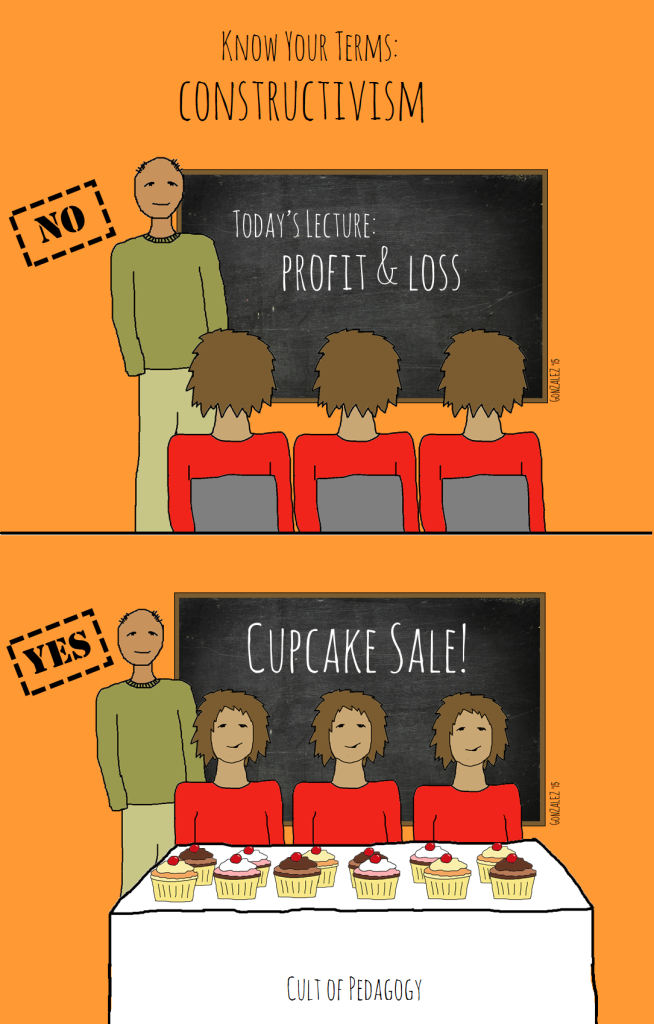
constructivism
(noun) A theory of learning based on the idea that humans construct their own knowledge through direct experience, as opposed to being taught concepts in the abstract.
A constructivist teacher believes that in order to learn, students need as many hands-on experiences with objects, skills, and people as possible. Constructivism provides students with rich experiences and encourages them to reach their own conclusions.
Applying Constructivism in the Classroom: Some Examples
To fully understand what constructivist teaching looks like, consider these sample learning activities:
____________
Not Constructivist:
Having students read a textbook chapter about the Industrial Revolution and answer comprehension questions about it.
Constructivist:
Having students participate in this amazing simulation to learn about assembly lines and working conditions during that time period.
____________
Not Constructivist:
Giving students the formula for the surface area of a cylinder and having them calculate the area of 10 sample cylinders.
Constructivist:
This lesson, where 7th grade math teacher Chris McCloud has students construct the formula for a cylinder’s surface area by trying to decide whether a given piece of wrapping paper will be enough to wrap two cans of mandarin oranges.
____________
Not Constructivist:
Telling students their persuasive writing must contain a claim, reason, and evidence.
Constructivist:
Having students read several well-written persuasive pieces, determine which features make them effective, and construct a rubric listing those qualities for their own persuasive pieces. Then, after students have written their own pieces, have them read more good examples and refine their criteria.
The Constructivist Hall of Fame
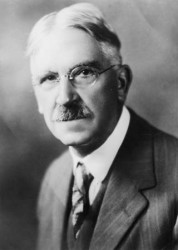
John Dewey
“Give the pupils something to do, not something to learn; and the doing is of such a nature as to demand thinking; learning naturally results.”
To learn more about John Dewey, visit his entry in the Internet Encyclopedia of Philosophy.
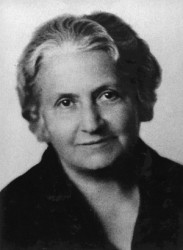
Maria Montessori
“Education is not something which the teacher does, but a natural process which develops spontaneously in the human being. It is not acquired by listening to words, but in virtue of experiences in which the child acts on his environment.”
Read more about Montessori philosophy from the American Montessori Society.
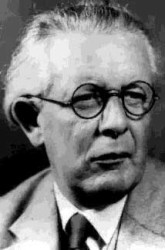
Jean Piaget
“Each time one prematurely teaches a child something he could have discovered himself, that child is kept from inventing it and consequently from understanding it completely.”
Read more about Piaget’s philosophy in this chapter from the book, Developmental Psychology.
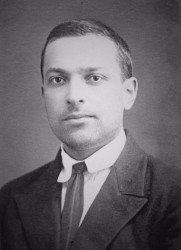
Lev Vygotsky
“A child’s play is not simply a reproduction of what he has experienced, but a creative reworking of the impressions he has acquired. He combines them and uses them to construct a new reality.”
This article from Scholastic summarizes Vygotsky’s philosophy.
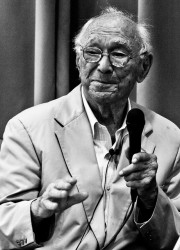
Jerome Bruner
“The concept of prime numbers appears to be more readily grasped when the child, through construction, discovers that certain handfuls of beans cannot be laid out in completed rows and columns. Such quantities have either to be laid out in a single file or in an incomplete row-column design in which there is always one extra or one too few to fill the pattern. These patterns, the child learns, happen to be called prime.”
For more information on Bruner, read this summary from Instructional Design.
_________________________
Know Your Terms is my effort to build a user-friendly knowledge base of terms every educator should know. New items will be added on an ongoing basis. If you hear some term at a PD and don’t want to admit you don’t know what it means, send it to me via the contact form and I’ll research it for you.
I would love to have you come back for more. Join my mailing list and get weekly tips, tools, and inspiration — in quick, bite-sized packages — all geared toward making your teaching more effective and joyful. To thank you, I’ll send you a free copy of my new e-booklet, 20 Ways to Cut Your Grading Time in Half. I look forward to getting to know you better!